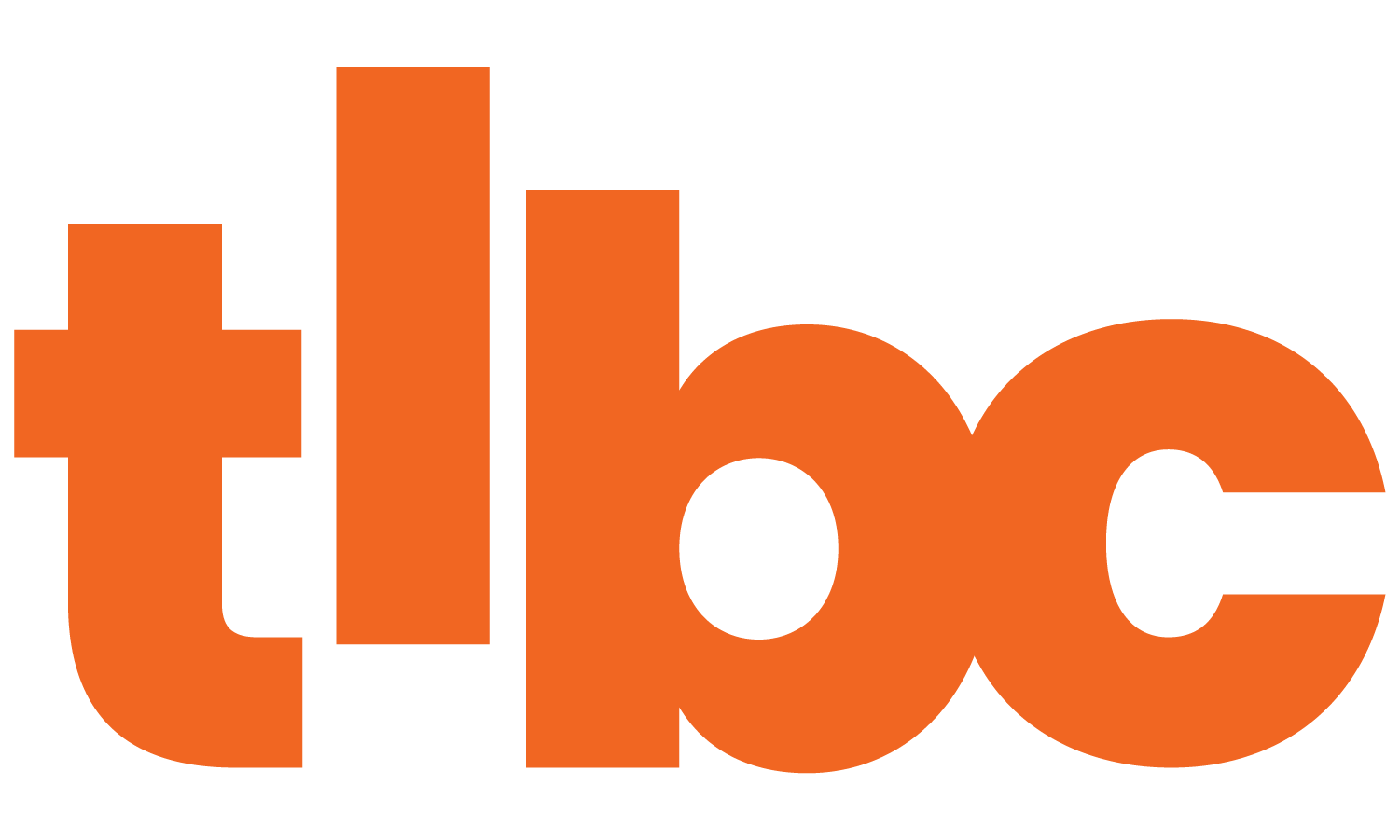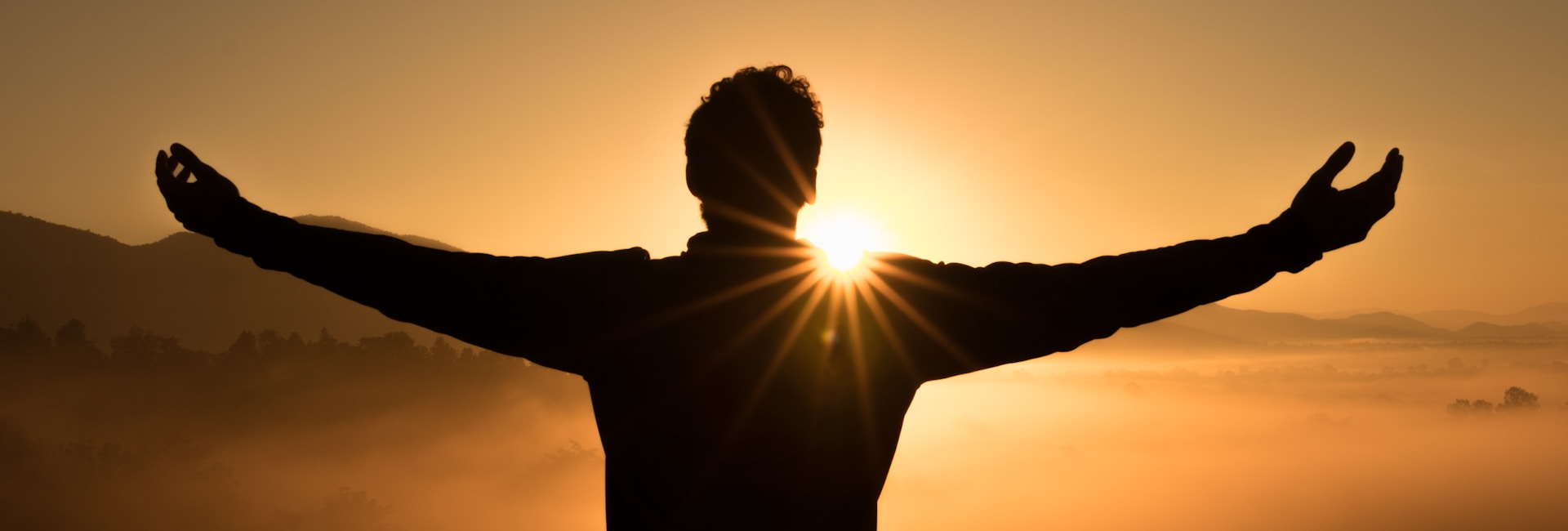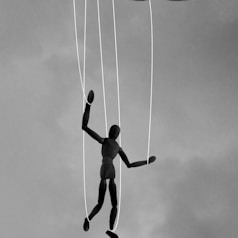Elon Musk, Jeff Bezos and billionaires like them are treated in society as geniuses deserving of their massive wealth. After all, they created it by their own ability to identify an opportunity, gather resources, and bend reality itself through sheer willpower and an unwillingness to give up.
Their hard work earned them that fortune, and they use it to better society by creating new jobs, solving big problems, and giving back through philanthropy. To deprive those who are successful of their hard earned wealth through taxation would dis-incentivize them, and society at large, from bringing their genius to the world. This is a commonly held belief in the United States but…what if it isn’t true?
Watch this episode on YouTube:
This view of the rich as both deserving of their wealth and integral to the functioning of society is central to the way we view ourselves and our own purpose in the world. If billionaires exist, and they are self made, then it means it’s possible for regular folks like us to rise above our station. If we can just work hard enough, find the right productivity system, and prove our own genius, then we too can graduate to the upper echelons of society. And, conversely, if someone else is struggling then it must be because of their lack of genius or their unwillingness to work hard.Because, if success is measured in wealth, and wealth is always deserved and a result of one’s own efforts, then being poor or unsuccessful must be seen as being undeserving and lazy.
This is the underlying philosophy that the United States was built on. The possibility of our own success is something we each hold on to as a way to feel okay with the truly horrifying existence we each have to navigate on a daily basis. Because we believe that one day, we’ll beat the game, the struggles along the way become badges of honor. In fact, wanting the system to change is seen as an admission that you weren’t as good as those who have already found a way to win. So instead of trying to create a world that benefits the most people, we focus on our own individual progress.
We work in order to secure our own futures, we look for every advantage we can find over our fellow person, and we hoard the little wealth we may gain for ourselves. We do all this, even as we know in the back of our minds that, under the current system, our personal security and our entire future is entirely at the whim of our employer.
But despite the consequences being so grave, and despite proof from numerous other countries that a better system is possible, American society not only accepts the current system, but completely rejects the idea that this system isn’t the best.
Why?
This odd behavior and our entire system can be explained in part by the nationally accepted idea of Individual Responsibility:
…Individual Responsibility is the idea that human beings choose, instigate, or otherwise cause their own actions. A corollary idea is that because we cause our actions, we can be held morally accountable or legally liable. – Wikipedia
Through the lens of individual responsibility, one’s station in life is a result of the actions and choices that they make. Therefore, someone who has built wealth must have made the right choices to end up in that position and on the other hand, someone who is struggling financially must have made the wrong choices.
This is not a new idea, in fact it’s closely tied to the idea of righteousness as it is explained in the Bible:
“The one who sins is the one who will die. The child will not share the guilt of the parent, nor will the parent share the guilt of the child. The righteousness of the righteous will be credited to them, and the wickedness of the wicked will be charged against them” (Ezekiel 18:20).
And here’s another example:
“Tell the righteous it will be well with them, for they will enjoy the fruit of their deeds. Woe to the wicked! Disaster is upon them! They will be paid back for what their hands have done” (Isaiah 3:10–11).
So, we’ve built our society on the back of the idea that what you reap is a direct result of what you sow. And in many ways, capitalism has perfected this idea in a way that religion never could. Afterall, the church may say that those who sin and those who are virtuous will be judged by god, but they can’t show it. They can’t show the virtuous being admitted into heaven in order to reinforce the idea that virtue will be rewarded and they can’t show those who have sinned being punished in order to dissuade such behavior. All they can do is rely on faith.
Capitalism requires no such faith. Those who succeed are elevated to celebrity status. If you are virtuous, by the capitalist definition, you are deified by the media and treated as special. The normal rules of society that us normies have to live by stop applying to you. You don’t have to pay taxes, you can buy off politicians, and you can build a rocket and go to space on Wednesday instead of on a Saturday.
The world treats you as deserving and the populace sees this treatment and aspires to it themselves. Being a good capitalist, much like being a good christian, becomes the measure by which we judge others in society and, unlike with religion, punishment is felt almost immediately rather than waiting for the afterlife.
But this begs the question, whether this idea is delivered to us through a religion of god or a religion of money, why do we accept it? Well in social justice theory there is an idea called internalized oppression that may shed some light here:
internalized oppression is a concept in which an oppressed group uses the methods of the oppressing group against itself. It occurs when one group perceives an inequality of value relative to another group, and desires to be like the more highly-valued group.
Sound familiar? We have been conditioned to focus on our individual accomplishments and well-being. To the extent that our focus is allowed to shift to others, it should only extend to those who are in our immediate clan.
This idea is reinforced by dangling the carrot of success in front of us and elevating those who have managed to achieve it as proof that the system works. The end result is that you not only choose to continue existence inside of the system that oppresses you, but that you also look at those who are being left behind by the system, such as people struggling with student loans, with hatred and disgust. You vote to keep the system going, you argue against measures that would help those less fortunate, and you condemn others for the sin of laziness or accepting handouts.
So what does this have to do with being self made? Well the truth of the system is that nothing was ever done alone and that the success of an individual, any individual, relies heavily on the success of society as a whole.
Let’s take Elon Musk or Jeff Bezos. Putting aside their having come from fairly well off families, their success also comes on the shoulders of those who came before them and those who came before them.
If we lived in a purely capitalist world, the roads that Amazon uses to deliver its products would each be privately owned. The cost of entry would be high, there would be no interstates due to competing road ways, and any competitor could pay to have Amazon trucks blocked from access.
Similarly, Tesla would not be able to do what it’s done without the years of research into electric vehicles and battery systems that it’s benefited from, federal funding for EV infrastructure, the public roads that make personal car ownership a possibility, the shift towards car centric town structures that made personal car ownership a necessity, and the years of planet destroying activities performed by corporations which lead to the current focus on sustainability.
This isn’t even to mention the very very real reliance on a team of talented people all along the chain who make these companies and their products possible. Because you know good old Jeffrey is not driving those trucks himself and Elon is far more focused on Twitter than he is assembling cars.
Accomplishment has always been a team sport. But we don’t see this side of things. Because a system that is built on the idea that individuals are wholly responsible for their successes or failures in life could not exist in a world where we realize our collective responsibility to each other.
If we could see the intricate yet invisible threads that connect each and every one of us at all times, the social hierarchy as it currently exists would necessarily crumble. And so, this fact is hidden away, replaced by propaganda promoting the genius of individual billionaires, the idea that you could be one too, and the philosophy that your outcomes are based entirely on your actions.
Which leads me to an important question. What can you do about it? Well truthfully, not much. Afterall, nothing can be accomplished individually. For now, it’s enough to understand how the system works against you. If we are ever to have hope of changing the system to one that is even slightly more beneficial to those of us at the bottom, it starts by getting more people to recognize that they are being oppressed.
I won’t sit here and tell you to change your vote or to go out and protest. In fact, even with knowing how the system works, you may decide that you like things the way they are. 1 in 578,000 people in the U.S. will ever become a billionaire, that is less than .0002%, but perhaps you still think that it will be you. That’s okay. The important thing is to understand the system you are in and, more importantly, to understand which side of that system you are on. That realization alone, I believe, will drive you to act in accordance with your best interests.
But, what do you think? Leave your thoughts in the comments section below and, if you haven’t already, be sure to subscribe on YouTube and check out the podcast.





